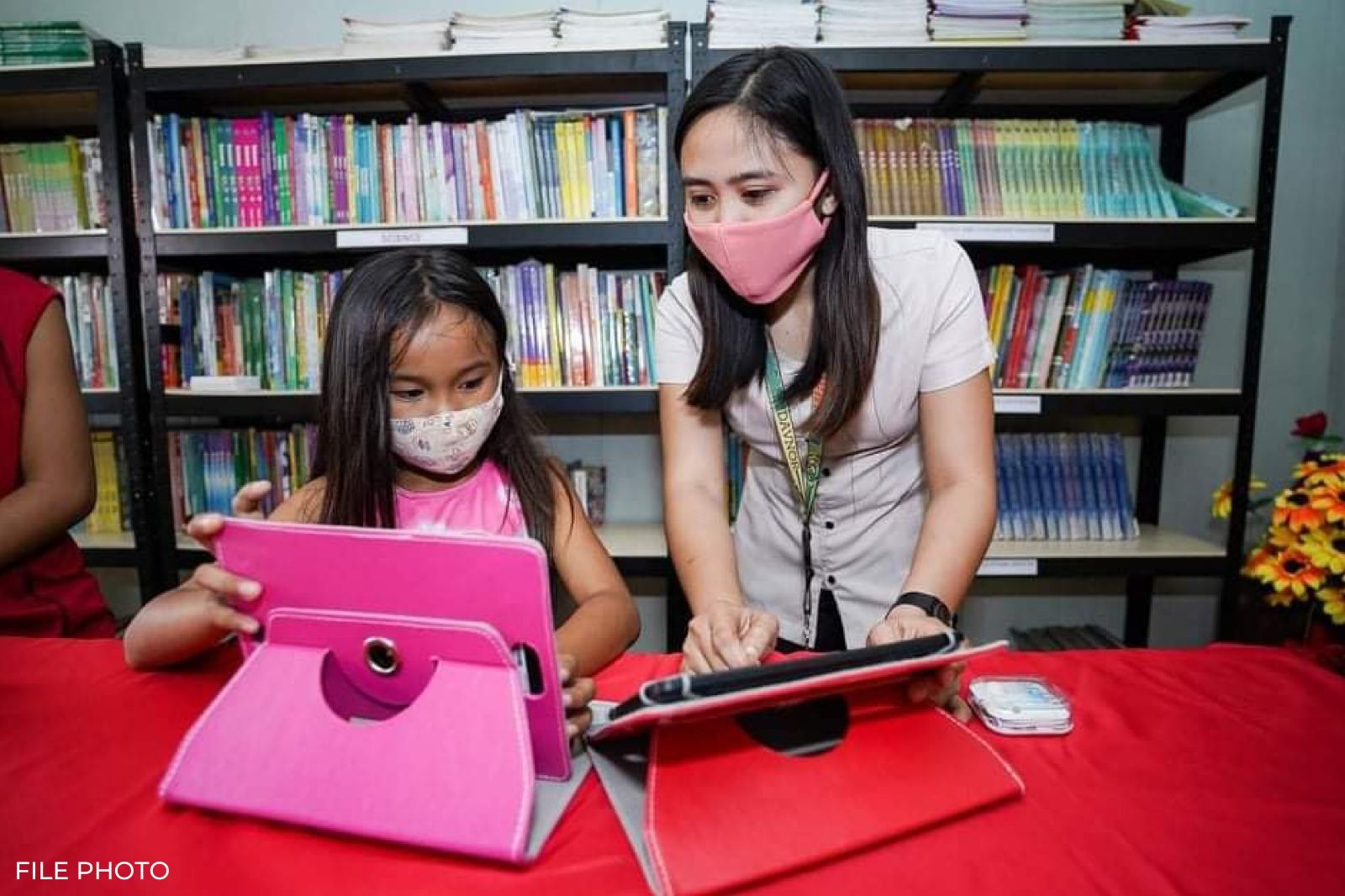Groups push for digitalization investments in schools to address learning crisis
Highlighting that connectivity and capacity building are crucial for improving learners' readiness, competence, and competitiveness, a citizens' advocacy group calls on the government to prioritize digitalization in K to 12 education.

“Our days of dismal performance at the Programme for International Student Assessment (PISA) should be behind us,” said Prof. Victor Andres “Dindo” Manhit, president of the top international think tank Stratbase Institute.
“They should only serve as a reminder of how much room there is to grow and improve, not only in our learners’ competencies but also in our education system in general,” he added.
Filipino students in international large-scale assessments
International large-scale assessments, particularly PISA, evaluate the learning competencies of 15-year-olds in specific fields of education.
Citing the 2022 PISA results, it was noted that Filipino students continue to rank among the lowest globally in mathematics, reading, and science.
The Philippines ranked among the bottom four of 64 countries in the survey on using imagination and creativity to generate and enhance ideas.
Manhit pointed out that the United Nations actively advocates for digitalization to improve education worldwide.
“Specifically, the UN has identified content, capacity, and connectivity as key components of this pursuit. The Philippines must align its efforts with these priorities as well,” Manhit said.
The UN defines content as high-quality, curriculum-aligned teaching and learning materials accessible through digital platforms.
The capacity of teachers and students to use digital technologies must also be enhanced to equip them with the necessary skills and knowledge.
At the core of it all is connectivity infrastructure, ensuring that all schools and individuals can access the benefits of fast broadband internet.
“In this digital age, it would be wrong to isolate learning within the four walls of the classroom,” Manhit said.
Manhit also stressed that digital technology is a “transformative” force in learning and productivity. “We have to make use of the advantages offered by being virtually connected to the wealth of global knowledge that is now readily available in cyberspace,” he added.
DepEd initiatives
Meanwhile, a consumer advocacy group commended the Department of Education (DepEd) for its partnership initiatives with the private sector, particularly with the Ayala Group and its subsidiaries, to enhance connectivity and support schools nationwide.
CitizenWatch Philippines Lead Convenor Orlando Oxales said the venture will provide students with access to high-quality, 21st-century digital learning content. It also allows for a “mix of learning methods” to suit students’ circumstances.
“The global digital economy faces a significant talent gap due to the rapid advancements in technology and the increasing demand for digital skills, which many economies struggle to find in their workforce,” Oxales said.
“While Filipino students possess innate digital savvy and adaptability, fostering this potential through digitally empowered education will nurture an army of digital innovators the Philippines needs to become a global digital powerhouse,” he added.
Oxales also noted that to secure a future-ready generation, the government — in strategic partnership with the private sector — must “harness this potential” and ensure every young Filipino has access to cutting-edge educational tools.
“By doing so, we enable them with the skills and opportunities to thrive in an increasingly digital world,” Oxales said.
RELATED STORY: